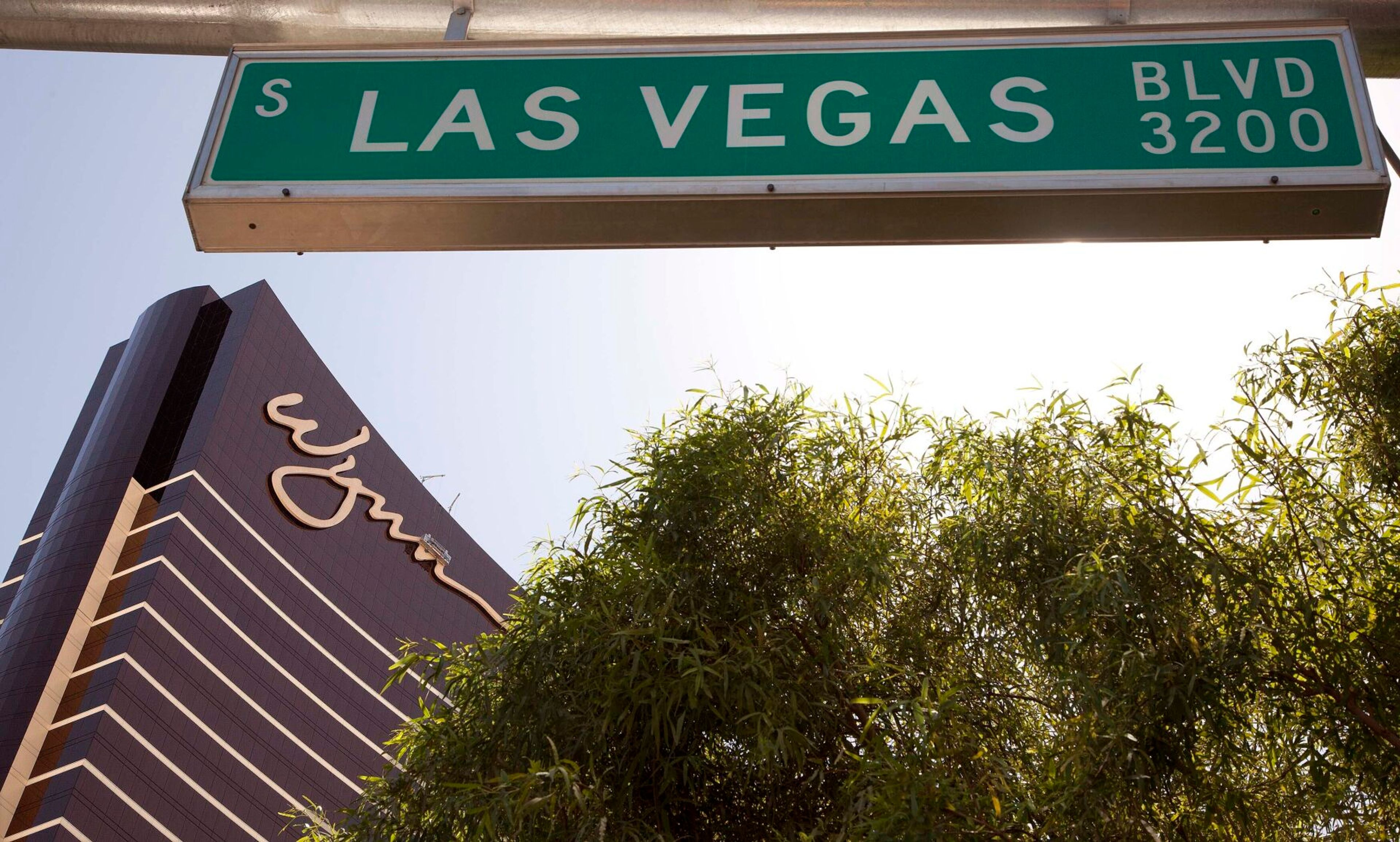OPINION: Consider shoppers and workers in grocery merger
Guest Editorial: Another Newspaper’s Opinion
This editorial was published in The Columbian of Vancouver, Wash.
———
Washington consumers and workers have a vested interest in what is happening this week in Portland.
A federal district court judge is considering arguments relating to a proposed merger of Albertsons and Kroger, two of the nation’s largest supermarket chains. Albertsons owns Safeway, and Kroger owns Fred Meyer and QFC. Between them, the companies operate 330 stores in Washington, including 21 in Clark County.
While there are plenty of Walmart and WinCo and Costco outlets, along with higher-end stores such as Chuck’s Produce and Trader Joe’s and Whole Foods, most neighborhood grocery outlets fall under the Albertsons or Kroger brand — even if the name on the front of the store says otherwise.
That highlights the importance of the legal hearing, which began Monday and is expected to take three weeks. Representatives for Albertsons and Kroger say the planned merger, which was announced in 2022, will help them compete against discount-store rivals. Meanwhile, antitrust regulators from the Federal Trade Commission say the merger would eliminate competition and raise grocery prices.
The federal court will decide whether to grant an FTC request for a preliminary injunction and delay the merger while regulators conduct an in-house case before an administrative law judge.
Once a case involving business negotiations reaches the courts, it is bound to be engulfed in legalese and complexities. We would not presume to understand all the intricacies or to recommend how the court should rule. But viewing the issue from the perspective of Washington residents, there is reason for concern.
As a 2021 policy paper issued by the Biden administration states: “When there is insufficient competition, dominant firms can use their market power to charge higher prices, offer decreased quality, and block potential competitors from entering the market — meaning entrepreneurs and small businesses cannot participate on a level playing field and new ideas cannot become new goods and services.”
And a study from the University of Utah asserts that “increased labor market concentration will worsen pay and job quality ... and that concentrating employers at the bargaining table in a labor market where terms and conditions are set by collective bargaining agreement will deprive the union representing those workers of leverage.”
Officials for Albertsons and Kroger argue that the merger will enhance competition. They say that upon approval of the deal, they have agreed to sell 579 outlets in places where their stores overlap. The buyer would be C&S Wholesale Grocers, a New Hampshire-based supplier to independent supermarkets that also owns the Grand Union and Piggly Wiggly store brands. That sale would include nearly all Safeway and Albertsons stores in Clark County, demonstrating the importance of the issue to local interests.
Suggesting that merging two large chains will enhance competition seems specious, and actions from corporate officials have cast doubts on their claims. FTC regulators say four Albertsons executives deleted text messages relating to the court case in an effort to hide evidence. And Albertsons paid $4 billion in dividends to stockholders shortly after the merger was announced — an indication that profits take priority over the public interest.
As the federal case in Portland — and other legal actions related to the merger — play out, the hope is that the interests of consumers and employees are taken into consideration.
TNS








